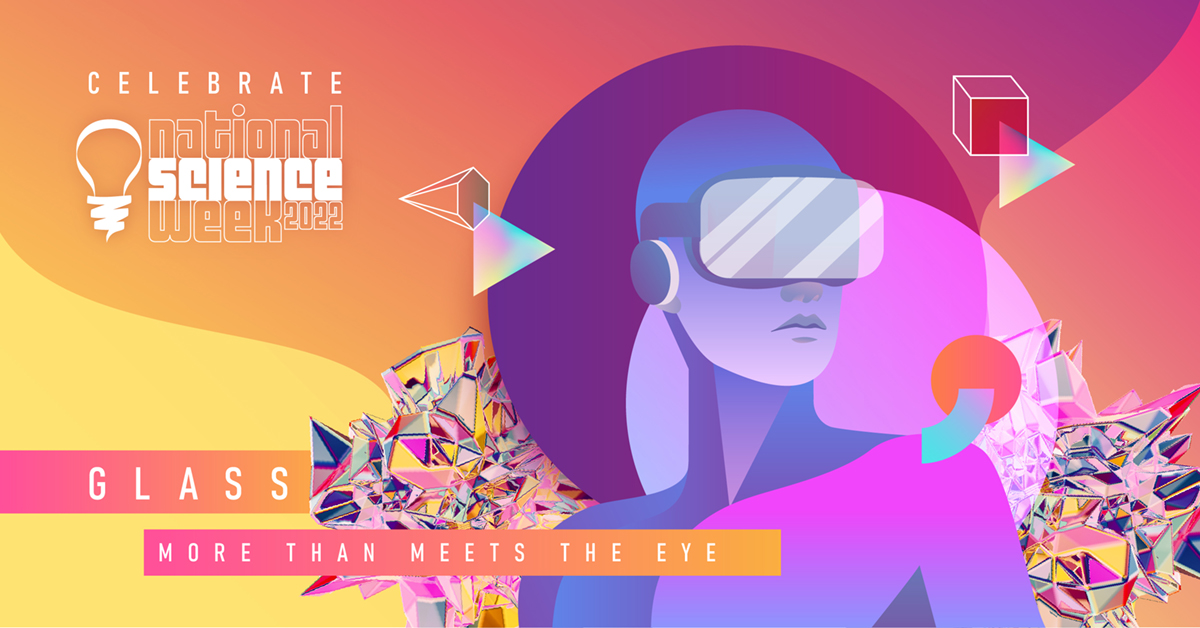Posted Thursday, 27 March 2025
Mission: SPACE launches to Australian primary schools
Primary schools across Australia can join free virtual excursions, professional learning and hands-on challenges that explore …
National Science Week is Australia’s largest celebration of Science, Technology, Engineering and Maths and one of our biggest weeks of the year here at Scitech.

Glass is used in so many ways in our everyday lives and sometimes we don’t even notice it! Glass is such a versatile product that it can absorb, refract and transmit light, it is fully weather resistant as it can withstand the effects of any of the elements such as wind and rain, it is waterproof and can be coloured or colourless.
Did you know how important glass is to our lives?
Glass is used in so many ways in our everyday lives and sometimes we don’t even notice it. Glass is a product that has unlimited application which includes use in buildings and construction, packaging for food and cosmetics, tableware, cars, communication such as our mobile phones and in the science, pharmaceutical and medical industry. It is also a incredible sustainable product as it can help save energy through insulation in windows, but also used to create renewable energy such as being one of the key materials used in making solar panels.
A natural resource.
Glass is created when natural raw materials such as sand is melted at high temperatures and then it becomes a liquid which allows it then be poured, blown or moulded into various shapes. It is fully recyclable as it can be melted down again and again and doesn’t degrade in the process.
There are several areas throughout Western Australia where Silica Sand is mined, including projects in Esperance, Albany and Gingin. From the Great Southern area, Silica sand is then exported to mainly Asian destinations who have incredible demand for Western Australian high grade sand.
Mining the Silica sand is a complicated process. Once the sand is dug out, it is transported to a machine to remove sticks and rocks, then it is further processed to extract any heavy metals such as iron and sulphides that can cause imperfections when is melted down to create glass. It is then transported to ships for export.
Silica sand at Albany Port ready for export
During National Science Week, Scitech will welcome more than 1500 students to our science centre and see over 15,000 in the community through state-wide incursions. Hopefully we will see you in our travels!
Head to National Science Week to learn more about the theme and find resources.
Upon clicking the "Book Now" or "Buy Gift Card" buttons a new window will open prompting contact information and payment details.